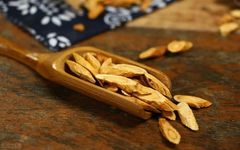Complete Collection of Old Remedies to Promote Health Knowledge
Click below to follow for free ↓↓↓
Astragalus (Huang Qi) is a common medicinal herb that greatly benefits health. It contains flavonoids, amino acids, various trace elements, vitamins, riboflavin, and other components, which help to tonify Qi and stabilize the exterior, making it particularly suitable for individuals with spleen and lung Qi deficiency.
When consumed in moderation, it provides numerous positive effects on the body. So, what benefits can regular consumption of Astragalus tea bring? And which other herbs work best in combination with it?
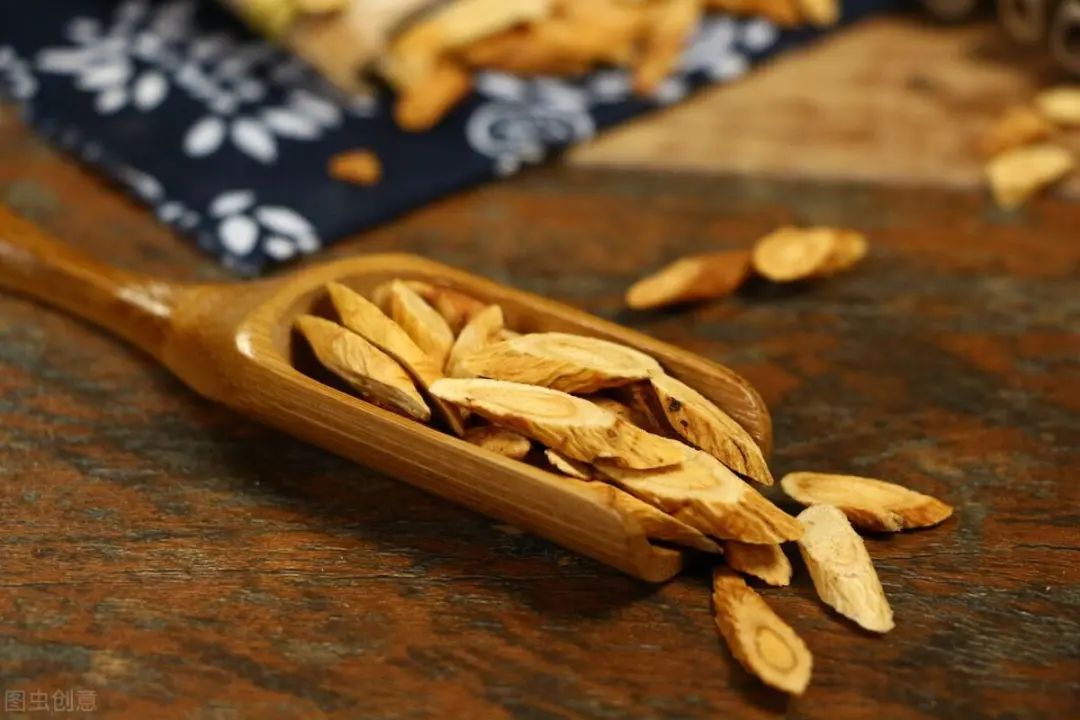
1. What systems benefit from regular consumption of Astragalus tea?
1. Respiratory System: The polysaccharides and saponins in Astragalus can reduce excess fat and malondialdehyde in the body, helping to eliminate free radicals while also decreasing blood viscosity, thus improving respiratory function.
2. Endocrine System: The polysaccharides in Astragalus have a positive effect on regulating pancreatic islet cells, enhancing their ability to secrete insulin, which helps control blood sugar levels. When blood sugar decreases, other endocrine organs can also improve.
3. Cardiovascular System: Astragalus contains flavonoids, which can increase the heart’s contraction amplitude and cardiac output while eliminating excess oxygen free radicals, keeping blood vessels “young.”
4. Nervous System: The substances in Astragalus reduce free radicals, thereby decreasing the production of oxidative substances in the body, which protects our nerves and brain.
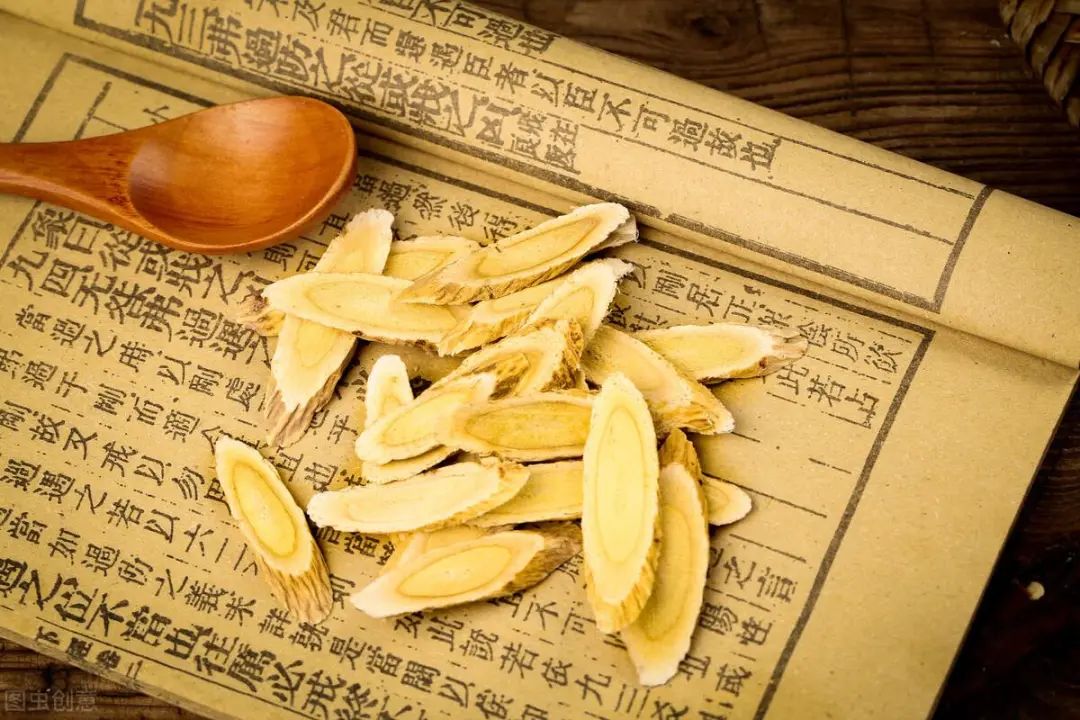
2. How to combine Astragalus with other herbs?
Astragalus can be used in various ways. Here are four common and effective combinations:
1. Astragalus with Fang Ji (Stephania Root): Fang Ji has effects of dispelling wind, relieving pain, and promoting urination. Clinically, it is mainly used to treat urinary difficulties and edema due to wind. When used together with Astragalus, it can promote diuresis, eliminate dampness, and tonify Qi, making a great nourishing soup.
2. Astragalus with Wu Jia Pi (Acanthopanax Bark): Wu Jia Pi has effects of dispelling wind and dampness, and tonifying the liver and kidneys. It is mainly used to treat rheumatism, athlete’s foot, and edema. Together, they can tonify heart Qi and promote blood circulation, complementing each other.
3. Astragalus with Corn Silk (Yu Mi Xu): Many people discard corn silk after buying corn, but this is a waste of a great medicinal herb! Corn silk has diuretic and liver-clearing effects. When combined with Astragalus, it can effectively lower blood pressure and tonify Qi and blood. It is also beneficial for individuals with heart weakness, providing a strengthening effect.
4. Astragalus with Shan Yao (Chinese Yam): Shan Yao tonifies the spleen, nourishes the lungs, and strengthens the kidneys. It is mainly used to treat symptoms of heat and swelling. If one experiences fatigue and weakness in the limbs, this combination can effectively tonify Qi and alleviate these symptoms. Both Astragalus and Shan Yao are excellent for nourishing the spleen and stomach.
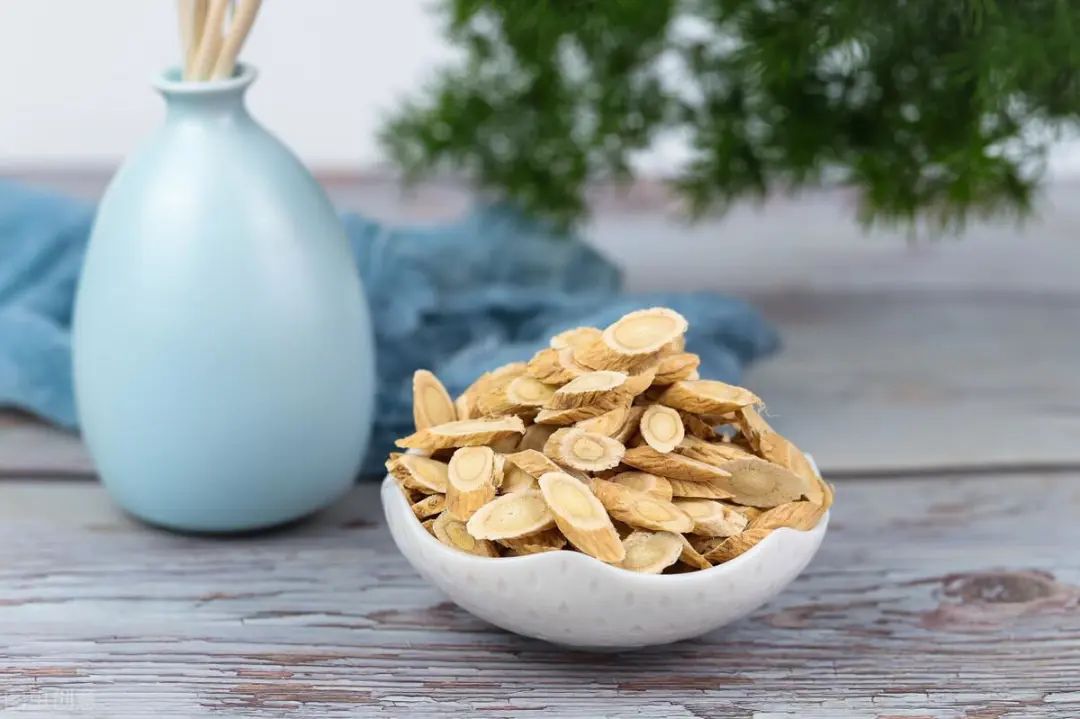
3. How to properly consume Astragalus?
Astragalus is a beneficial herb, but it is still a medicine. If consumed incorrectly in terms of method or dosage, it may lead to adverse effects. Generally, it is better to consume Astragalus after breakfast when the Qi and blood are more vigorous, enhancing one’s energy for the day.
Additionally, the daily intake of Astragalus should not be too high, typically below 9 grams, to maintain a balanced state. Excessive supplementation can burden the body’s metabolism.
There are also certain contraindicated groups for Astragalus, such as pregnant women, those with damp-heat constitution, and individuals with kidney Yin deficiency, as it may exacerbate discomfort.
If you wish to use Astragalus for health maintenance, it is best to first consult a healthcare professional to assess your health status and adjust the specific usage and dosage according to their advice, which is responsible for your health.
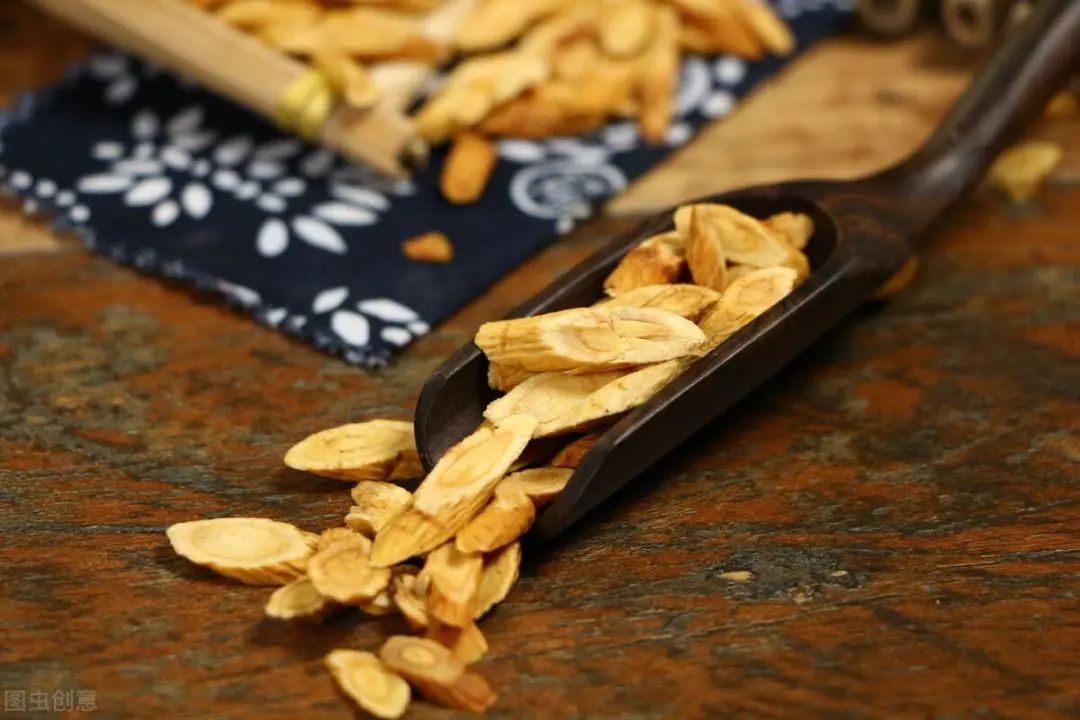
Conclusion:
Astragalus has many benefits and can be used as both a medicine and a food ingredient. However, it does have certain pharmacological properties, so it is best to consume it under the guidance of a professional doctor. Remember, the body requires a balanced state; both excessive and insufficient intake are not healthy!
Health Experience Sharing to Promote Health Knowledge
Click below to follow for free ↓↓↓
Editor’s Recommended Articles
1. A Simple Herb Tea Can Tonify Lung Qi, Spleen Qi, and Kidney Qi, Boosting Immunity
2. Waking Up Naturally Between 3-5 AM? It May Be Due to Lung Qi Deficiency; Consider These Three Herbs to Tonify Lung Qi and Improve Insomnia
3. So Precious! Over 800 Remedies, No Illness Cannot Be Treated; Save for Future Reference!
4. The Most Comprehensive Collection of Tuina Techniques Videos—Hurry and Save if You Want to Learn Tuina Massage!
Like is a form of encouragement Share to spread joy

